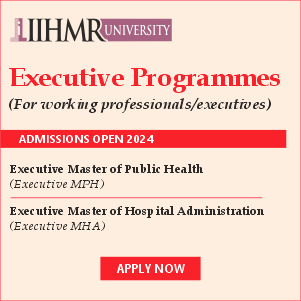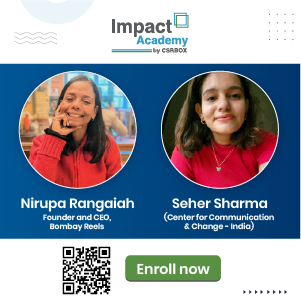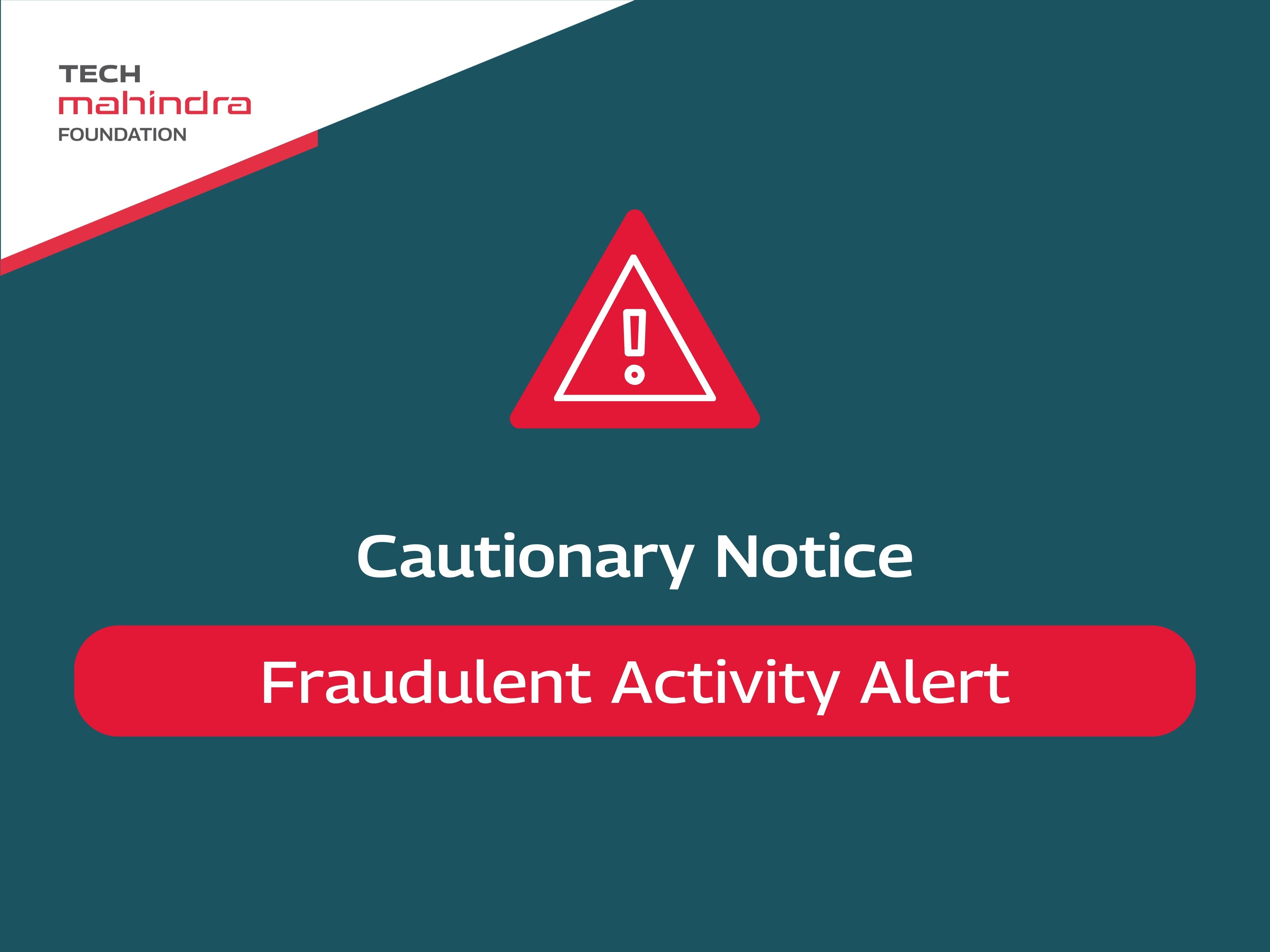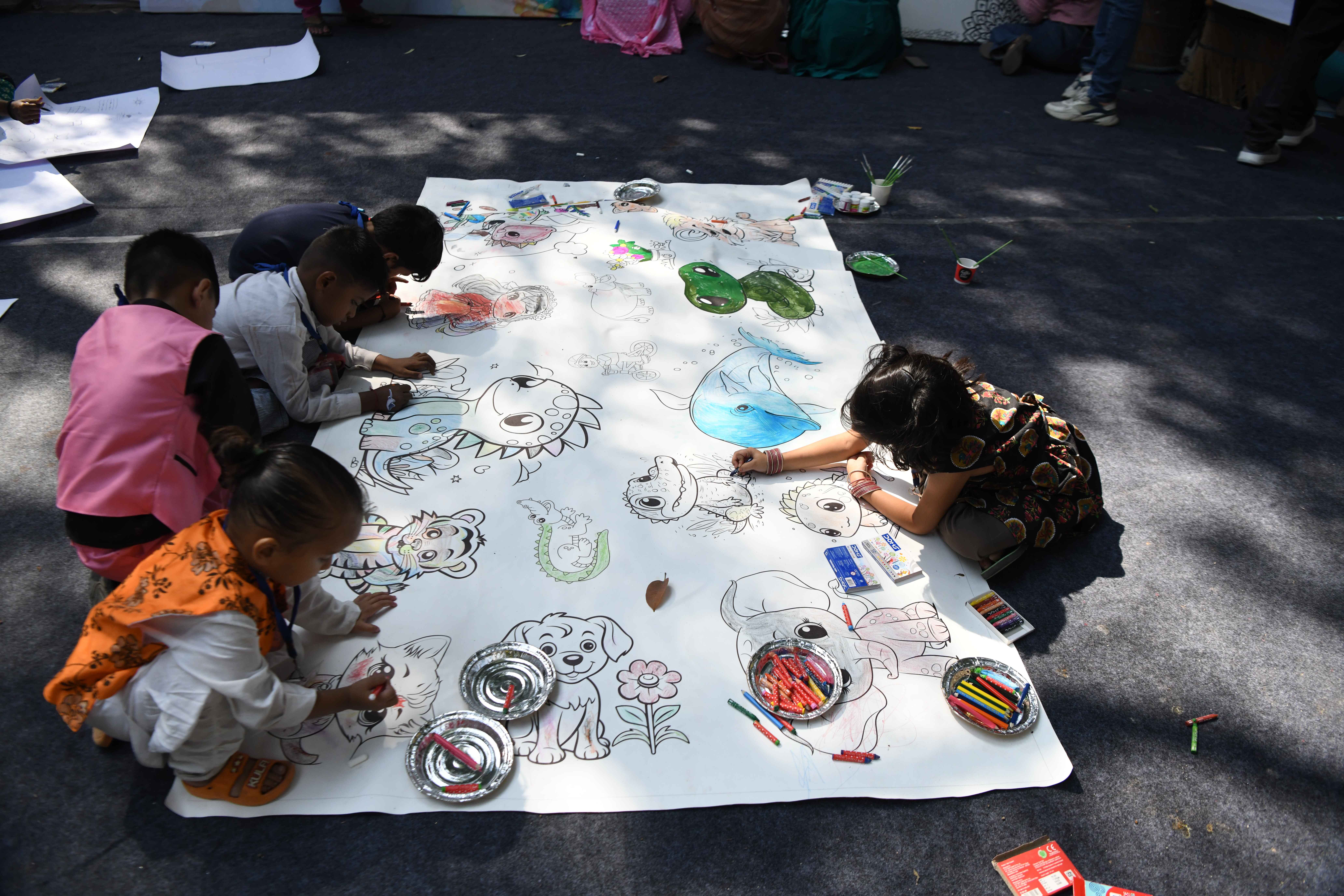Subscribe our Weekly Newsletter
Project Manager - Sustainable Agriculture

Organization: WWF-India
Apply By: 16 Nov 2024
Location: Ahmedabad(Gujarat)
About the Organization
Established as a Charitable Trust on 27 November, 1969, WWF India set out with the aim of reducing the degradation of Earth’s natural environment and building a future in which humans live in harmony with nature. In 1987, the organization changed it's name from the World Wildlife Fund to World Wide Fund for Nature India. With five decades of extensive work in the sector, WWF India today is one of the leading conservation organizations in the country.
Job Description
India stands as a prominent global contributor to cotton production, being among one of the largest producers worldwide. Approximately 6 million tons of cotton are produced in India, utilising an average land area of around 12 million hectares, which accounts for roughly 7.5% of its total arable lands. The cotton crops, grown conventionally, have been linked to substantial environmental impacts. This impact encompasses the use of hazardous pesticides and application of indiscriminate fertilisers, greenhouse gas emissions, soil degradation, and excessive freshwater consumption, among others.
Wetlands, being highly productive ecosystems on Earth, provide multiple essential ecosystem services. They are renowned for their multifunctionality and play a crucial role in maintaining the ecological balance. In landscape of considerable scale and functions, such as wetlands, riverine systems, and agriculture, it is crucial to extend focus beyond individual wetlands and delve into the complex interplay between different systems.
The flow dynamics and water quality of wetlands are significantly influenced by human activities, particularly agriculture. As one of the key drivers, agricultural practices have a notable impact on wetlands. In particular, upstream agriculture activities frequently exert influence on wetlands as water is diverted for irrigation purposes. This diversion of water for agricultural needs disrupts the natural flow of water into wetland systems, ultimately affecting their overall functioning. On the other hand, use of chemicals in agriculture may impact the water quality of the wetland.
Cotton cultivation in Gujarat spans across approximately 15.19 lakh hectares, resulting in an annual production of about 0.5 million tons of cotton (lint). With only a few exceptions, cotton cultivation is prevalent in nearly all districts of Gujarat. Gujarat is home to four Ramsar wetlands, including the Nalsarovar Bird Sanctuary, which is situated in both Ahmedabad and Surendranagar districts and spread over an area of 120.8 sq. km. The 2014 Management plan of Nalsarovar Bird Sanctuary highlighted two important aspects: (a) the inclusion of satellite water bodies in the sanctuary's operational plan, and (b) addressing the impact of agriculture covering an area of 15,000 hectares surrounding NSB
Job Responsibilities
Project Planning including managing budget and Strategy
- Develop a comprehensive project plan, timelines and resource requirements adherence to agreed proposals.
- Develop and manage project budget in coordination with team to ensure the efficient utilization of budget.
- Formulate strategies to support partner institution to integrate key aspects of the project such as Good Agronomic Practices and Better Water Management into WWF priority in state of Gujarat.
Collaboration with Implementing partner and Project Team
- Collaboration with the partners and provide guidance wherever necessary to ensure timely delivery of the project activities by fostering a collaborative work environment.
- Participate in team meetings and inform team members about the project progress from time to time.
Monitoring and Reporting
- Oversee the execution of data collection including setting up a baseline and regular monitoring of baseline to see the changes on agreed KPI’s such as Chemical, Water Use and Livelihood.
- Helping the team in analysis of the results from the data collection and guiding the team to make changes in implementation strategy to achieve project KPI’s if needed.
- Reporting the project progress as per the agreed WWF International format.
Stakeholder Collaboration
- Identify the key stakeholders in Government Departments including Agriculture and Forest or figuring out the opportunity to leverage government scheme to scale up project objectives.
- Identify the private companies to establish the supply chain with the projects.
Education Qualification/Required Skills & Experience
- Bachelors with management or Masters degree in Agriculture, or a related field.
- 7-10 years’ experience in project management, with a focus on sustainable agriculture, sustainable cotton farming, and agricultural best practices.
- Demonstrated experience in relevant areas such as ecosystem services, agriculture, sustainable production and biodiversity.
- Demonstrated experience of having held leadership positions and managed teams.
- Experience of working with multiple stakeholders and in a multi-cultural environment.
- Strong documentation skills.
- Strong communication skills (spoken and written) in English language
- Knowledge of wetland ecosystems and environmental conservation is desirable.
- Communication skills (spoken and written) in Gujarati
Latest Fellowships
Latest Grants
Latest News
© Renalysis Consultants Pvt Ltd























.jpg)


